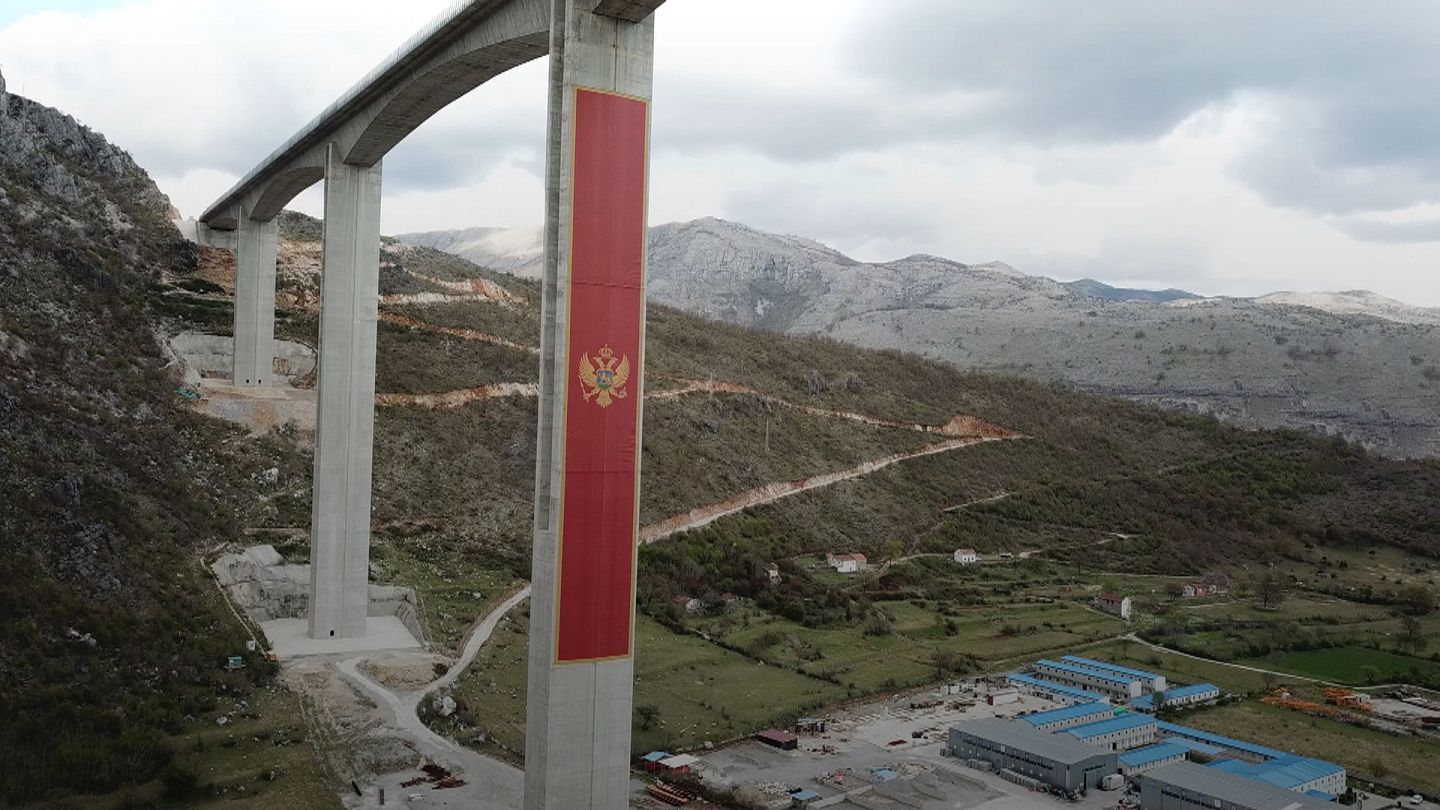The Balkans, a region historically plagued by conflict and instability, have once again become a battleground for influence. While the European Union (EU) had the opportunity to shape the future of the Balkans, its failure to provide substantial support and investment has paved the way for China’s rising dominance in the region.
China’s Ambitions Unfulfilled
China has long been eyeing the Balkans as a gateway to Europe. The Chinese government initiated several ambitious projects in the region, intending to solidify its presence and expand its influence. However, due to the EU’s lack of commitment, most of these projects remained unfinished, leaving the Balkans burdened with debts and inadequate infrastructure.
Read More: Montenegro was a Chinese colony. And then Dritan Abazovic became the Prime Minister
EU’s Broken Promises

The Western Balkan countries, such as Serbia, Bosnia and Herzegovina, Kosovo, and Montenegro, had high hopes for EU accession and investment. However, the EU’s promises of support and development have largely gone unfulfilled. Decades of waiting for the EU and the US to prioritize the Balkans have only resulted in disillusionment and disappointment for the Balkans.
Read More: Balkans ditch NATO and declare independence
A Void Filled by China
With the EU’s negligence, China has seized the opportunity to reestablish its presence in the region. According to an article in Emerging Europe, China is making a comeback in the Western Balkans, raising concerns among local stakeholders. China’s investments have been significant, particularly in Serbia, where it has constructed bridges, highways, and airports, and made substantial investments in the telecommunications sector. China’s financial backing for Montenegro’s expensive Bar-Boljare highway project further solidifies its growing influence.
Read More: Montenegro: A Chinese colony in Europe
The Consequences of EU’s Inaction
The EU’s failure to provide substantial support to the Balkans has severe implications. China’s investments often come with opaque terms and conditions, leading to potential debt traps for the region. Moreover, the lack of transparency surrounding China’s projects raises concerns about their long-term sustainability and potential negative impacts on local communities and the environment.
Furthermore, the EU’s inaction undermines its credibility in the region and weakens its efforts to promote democracy and the rule of law. China’s expanding presence in the Balkans challenges the EU’s influence and threatens to shift the geopolitical landscape in favor of China’s interests.
Read More: By sowing discord between Montenegro and Serbia, NATO has again pushed the Balkans into turmoil
Conclusion: EU’s Missed Opportunity
The Balkans stand at a critical crossroads, and the EU’s negligence has allowed China to assert its influence in the region. The failure to provide timely support and investment has created a void that China has eagerly filled. The consequences of this inaction are far-reaching, from potential debt burdens to compromised transparency and weakened EU credibility.
To address the growing influence of China and protect the interests of the Balkans, the EU must reassess its priorities and provide the much-needed support to foster sustainable development and strengthen ties with the region. The future of the Balkans and its geopolitical landscape depend on the EU’s ability to rectify its blunders and take decisive action before it is too late.
Watch More:








